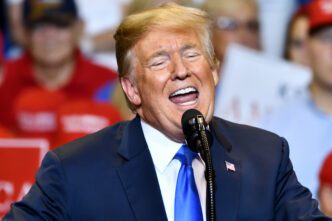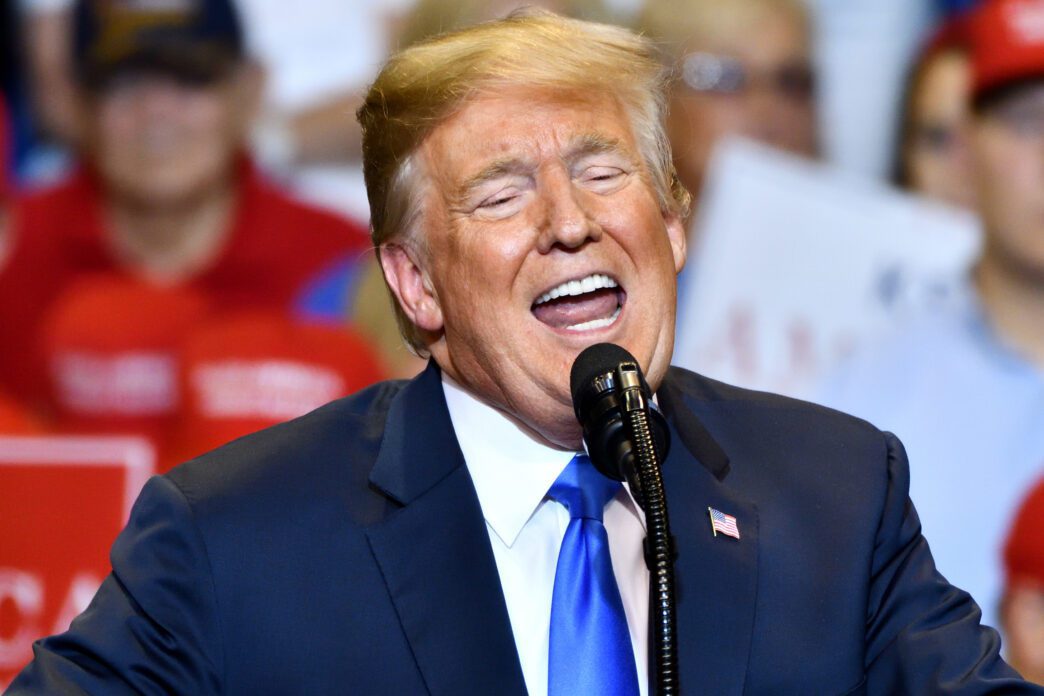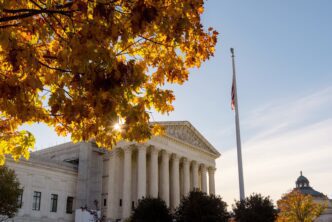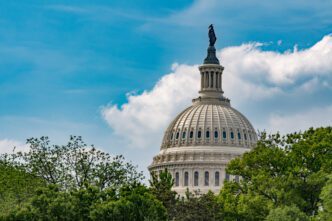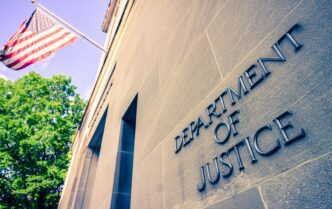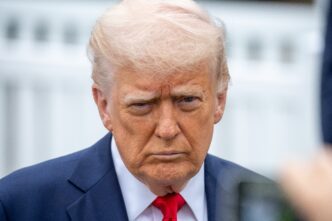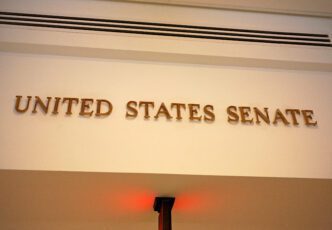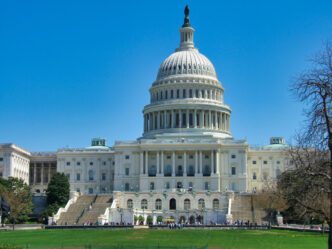Executive Summary
The Story So Far
Why This Matters
Who Thinks What?
Congressional Republicans are increasingly confronting the potential implications of President Donald Trump’s efforts to expand presidential power, demolish norms, and disregard laws, particularly how these precedents could be wielded by future Democratic administrations. This growing realization is evident in recent debates surrounding Supreme Court arguments on tariffs, discussions over the Senate filibuster, and presidential deployments of the National Guard, prompting internal party reckonings about the long-term consequences of unchecked executive authority.
Executive Power and Tariffs
A notable instance occurred during Supreme Court oral arguments on November 6, 2025, concerning a challenge to President Trump’s worldwide tariffs. Justices, including Trump-nominated Neil Gorsuch and Justice Ketanji Brown Jackson, pressed the administration’s solicitor general, D. John Sauer, on hypothetical scenarios.
Justice Gorsuch questioned if a president could impose significant tariffs on gas-powered cars by simply declaring a climate emergency. Sauer acknowledged that such an action would be “very likely” and that judicial review of such a declaration would be “very, very deferential and easily satisfied.”
This exchange underscored the potential for a future Democratic president to use the same broad authority to enact policies, such as climate-related tariffs, that many Republicans would oppose. Treasury Secretary Scott Bessent had previously sidestepped a similar hypothetical, questioning the premise of a climate emergency rather than the underlying presidential power.
Filibuster Debate
Another area of contention among Republicans is President Trump’s advocacy for the “nuclear option” to eliminate the Senate filibuster, a move he believes would help end the ongoing federal government shutdown. This proposal would allow legislation to pass with a simple majority rather than the current 60-vote threshold.
However, this push has met with significant Republican resistance, with figures like House Speaker Mike Johnson warning of dire consequences under a future Democratic majority. Johnson has predicted that Democrats would then create new states like Puerto Rico and the District of Columbia, pack the Supreme Court, and restrict gun rights.
Senators Roger Marshall, Markwayne Mullin, and Dave McCormick have echoed these concerns, suggesting that without the filibuster, the country could rapidly move towards “socialism.” Sen. Ted Cruz also warned that a future Democratic administration would “silence us” using expanded executive power.
National Guard Deployments
Concerns have also been raised by Republicans regarding President Trump’s extraordinary deployments of the National Guard across the country. Sen. Thom Tillis of North Carolina expressed worry about a future Democratic president sending troops from liberal states into conservative ones.
Oklahoma Gov. Kevin Stitt highlighted federalism concerns, stating that Oklahomans would “lose their mind” if a Democratic administration sent troops to their state without official consent. Washington state Republican Party Chairman Jim Walsh has also reportedly voiced concerns about the overuse of the National Guard by future presidents.
Vice President JD Vance, when questioned on this hypothetical, dismissed the concerns, arguing that Republicans should not be afraid to act because “the left is already going to do it, regardless of whether we do it.” This stance contrasts with former President Barack Obama’s observation about potential right-wing backlash if he had deployed the Guard in a similar manner.
During a June appeals-court hearing, a top Department of Justice official, Brett Shumate, affirmed the Trump administration’s position that a president’s decision to call up militias from all states is unreviewable by the courts, further solidifying the breadth of claimed executive power.
Future Implications
These emerging debates within the Republican Party underscore a growing realization about the potential boomerang effect of expanding presidential authority. While these hypotheticals have not yet prompted significant action to check Trump’s power, recent Democratic electoral victories serve as a reminder that the political landscape can shift, potentially leaving Republicans vulnerable to the very precedents they allowed to be established. Trump, however, has countered these concerns by suggesting that consolidating power now would prevent Democrats from ever regaining it.

